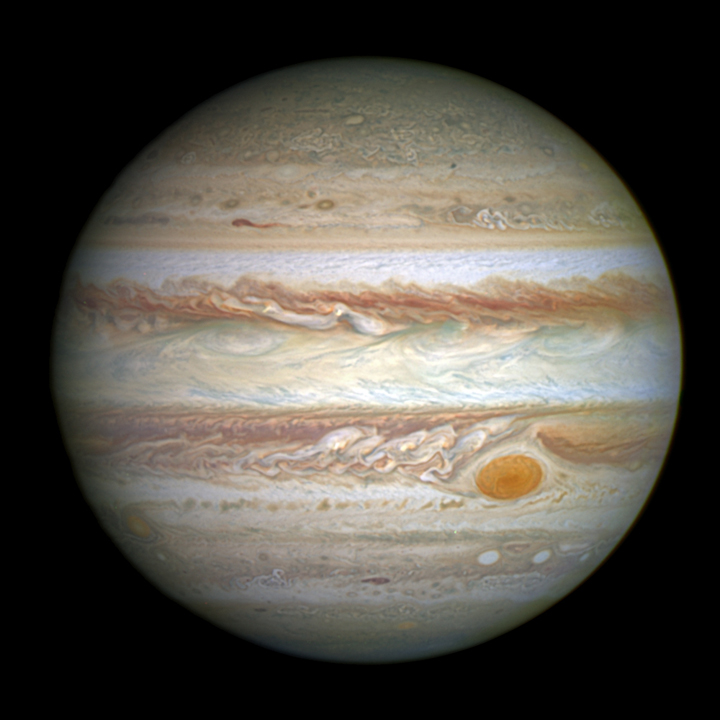TORONTO – Our solar system is like no other that’s been found around other stars, and a new study suggests that we owe it all to Jupiter.

In the new study, which appeared in the Proceedings of the National Academy of Sciences on March 23, the researchers suggest that the largest planet in our solar system, Jupiter, swept through our system like a wrecking ball, smashing the earliest planets before wandering to its current orbit.
READ MORE: WATCH — Stunning video shows Jupiter’s moons crossing planet
Astronomers have found exoplanets — planets orbiting other stars — much closer to their parent star than what is found in our solar system. The first planet out from the sun is Mercury, at an average distance of 58 million km. But in many exoplanet systems, super-Earths have been found much closer and astronomers have been seeking to understand why our planetary system is so different.
“Now that we can look at our own solar system in the context of all these other planetary systems, one of the most interesting features is the absence of planets inside the orbit of Mercury,” said Gregory Laughlin, professor and chair of astronomy and astrophysics at University of California, Santa Cruz and co-author of the paper.
“Our solar system is looking increasingly like an oddball.”

Using 2011 findings from astronomers which proposed the idea that Jupiter swung in towards the sun until the formation of Saturn tugged it back, the researchers calculated what would happen if rocky planets had formed before Jupiter’s trip to the inner solar system. The result? Jupiter made those planets smash into each other, destroying them.
“It’s the same thing we worry about if satellites were to be destroyed in low-Earth orbit. Their fragments would start smashing into other satellites and you’d risk a chain reaction of collisions. Our work indicates that Jupiter would have created just such a collisional cascade in the inner solar system,” Laughlin said.
Astronomers can now use this model to see if it holds true in exoplanet systems.


Comments